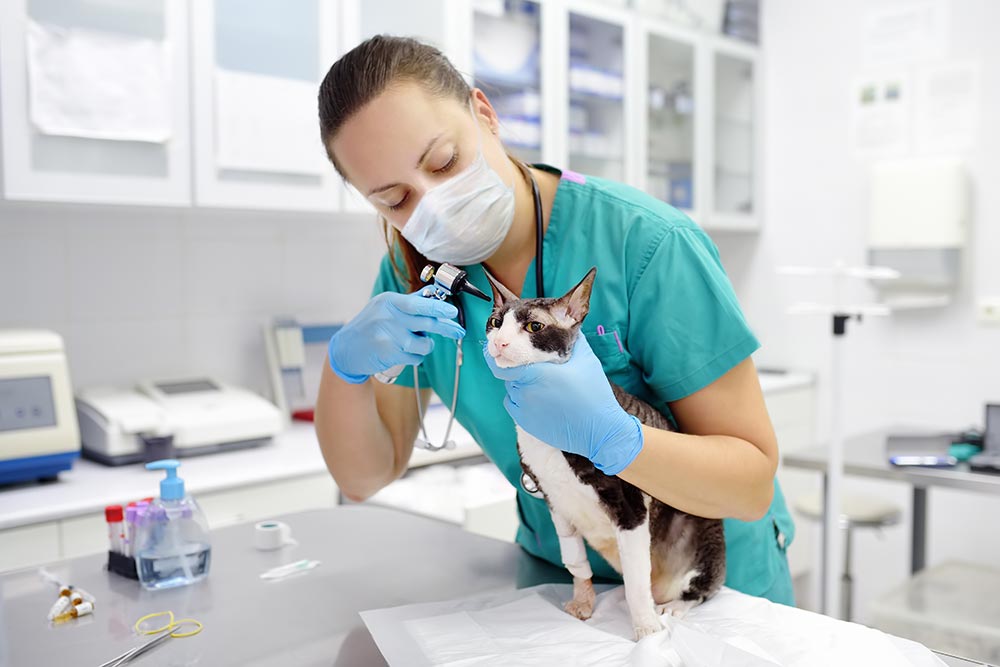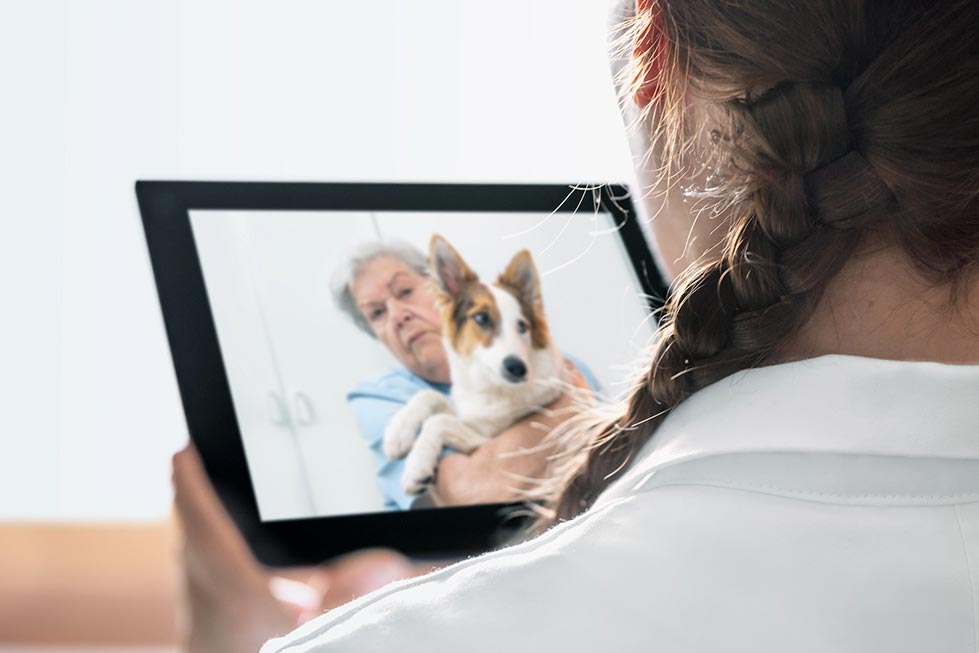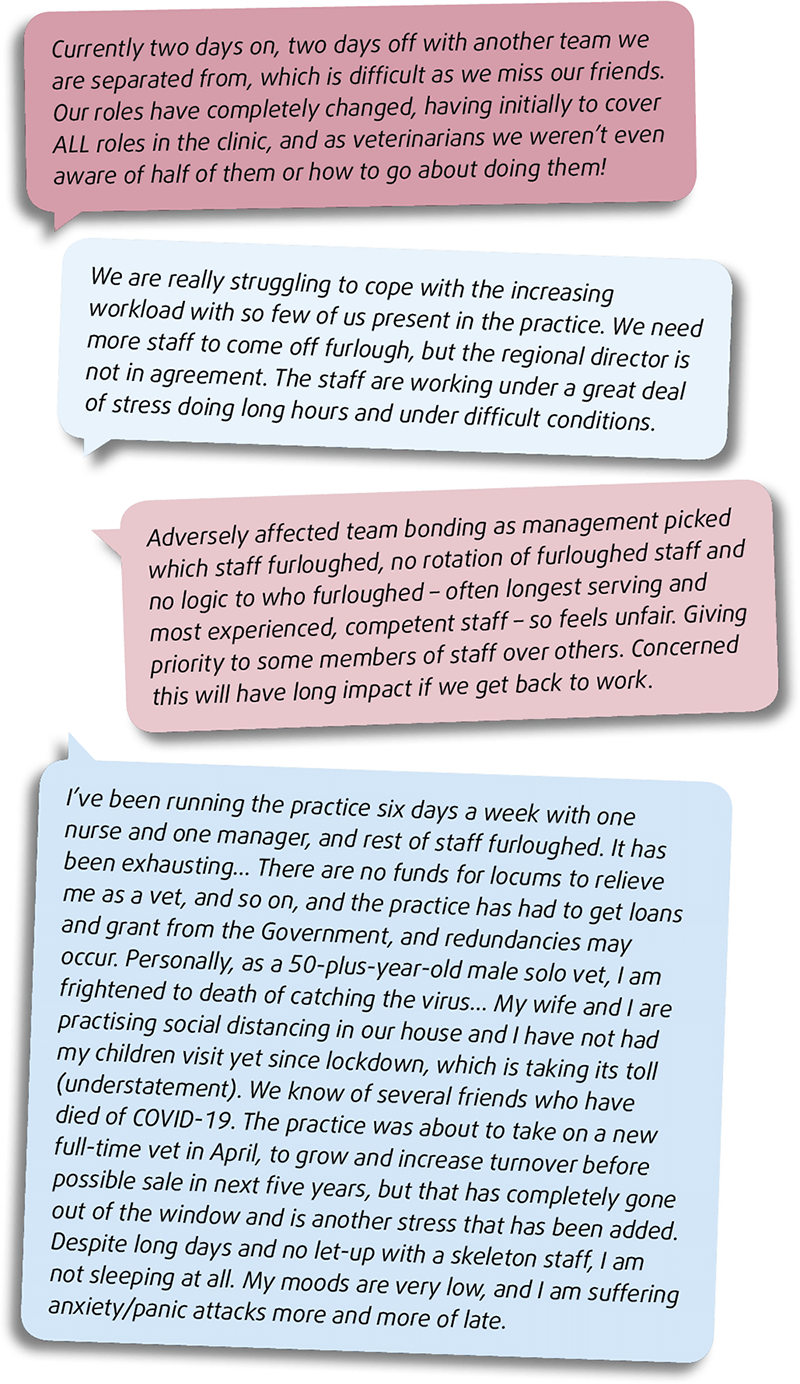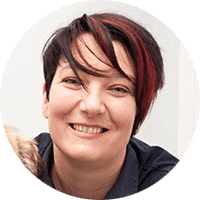When COVID-19 lurched menacingly into our world, practices had few historical reference points and no handy survival guides to turn to. In many cases – certainly for the first few weeks of lockdown – it was every man and woman for themselves as the country shut up shop, and practices struggled on.
Revenues tumbled, teams were broken up, and stress levels went through the roof as the UK’s vets and VNs took on the invidious task of balancing human health with the needs of the millions of animals under their care. Latest data suggests the storm is starting to abate, if not recede, but the outlook remains uncertain – and the deleterious impact of coronavirus is likely to linger for years.
For this special Vet Times COVID-19 business report, JAMES WESTGATE spoke to practice owners, business leaders and consultants for their unique insights into what lessons have been learned, and what practices and practitioners can do to survive and thrive in an uncertain future…

Leigh-Anne Brown
Practice owner and SPVS executive board member
Andrew Curwen
Chief executive of the XLVets group of independent practices
Alison Lambert
Qualified vet and highly experienced veterinary business consultant
Peter Orpin
Experienced large animal vet and SPVS’ lead on COVID-19
There is no way of planning for something like coronavirus – and many sectors were left hanging by their proverbial fingertips when COVID-19 struck like a tidal wave back in March.
Weekly BVA webinar briefings proved a lifeline for the veterinary profession, however, while the RCVS did what it could to give clinicians the freedom to exercise their judgement in the way they responded to the crisis.
This all helped ensure no secondary animal health crisis occurred, and the work that needed to be done got done.
Veterinary professionals thought on their feet and made the kind of swift, decisive decisions they are trained to make – and it was this that made the difference, according to Andrew Curwen, chief executive of the XLVets group.
He said: “It’s really important to recognise that while we all may have experienced the same storm, we’ve been riding it out in very different personal boats. This includes our circumstances leading up to, and during, the pandemic.
“As a profession, we were very well placed to cope with the pandemic. We have a long history of solving problems; of being adaptable and flexible. Furthermore, our sense of purpose, of service to our clients, our sense of humour, it all provides a valuable compass in any storm.
“Within the XLVets community of independent practices, we saw there was a very powerful combination of absolute local control and decision-making, supported by connectivity to a wider community that provided ideas and real‑time feedback on experimenting with new ways of doing things.
“Practices familiar with the principles of biosecurity and effective hygiene provided them with a ‘head start’ when compared to other businesses.
“Client communication was critical – and those who had invested time building their social media presence and connectivity with their clients were able to communicate most effectively.”
Strengths and weaknesses
Not all practices have been impacted in the same way – some have made use of the furlough scheme to preserve margin and maintain viability, while others have actually seen income increase in the past two months:

But large or small, corporate or independent, coronavirus has blown away the cobwebs in many practices and exposed strengths as well as weaknesses.
SPVS’ COVID lead Peter Orpin said: “The consistency of the approach driven by strong leadership from the BVA and RCVS led to most practices complying with guidelines to keep clients out of the building, to revise working processes, the adoption of remote consulting, and so on.
“The strengths of the profession and the practices was this compliance. The adoption of weekly webinars from the BVA provided much‑needed support.
“The practices were unprepared; however, their response to wholesale changes in business operation was fantastic.
“If there are any weaknesses then this probably relates to the willingness to make changes in fees to reflect the increased cost of operation of their businesses. The whole burden of COVID cannot be carried by the business alone as the inherent profitability of veterinary practices is not high.
“The practices that seemed to cope best were the ones that were able to fully engage and educate their teams – sharing the challenges with the team, building effective communication processes (WhatsApp groups, and so on) between and within the team (including furloughed staff). The whole team then supported the programme of operation that developed.
“Managing fear (real or perceived) has been a key part of the success of the practices.”

Sector impact
Data gathered during the first weeks of the crisis showed the way it impacted differently, depending on practice type.
Mr Curwen said: “Revenues in equine practice were most profoundly affected and many made instantaneous furloughing decisions. With the cancellation of all equine sports, many practices were unsure about their prospects.
“While farm practice – with its more naturally remote teams and the nature of the work undertaken – continued almost as normal, small animal practice reduced to emergency cover only and found their revenue down 40 per cent to 50 per cent in that immediate period.
“There was less pessimism in small animal practice (vis‑à‑vis equine) because clients were still phoning up wanting things done. The challenge for small animal was not wanting to appear ‘out of step’ with society and be shown to be taking care.
“BVA/RCVS guidance proved valuable as they set a benchmark for what could be done and what couldn’t. It really helped practices to maintain the balance.”
Lessons to learn
After surviving the initial onslaught, practices have started to recover, with consultation volumes and turnover now approaching – and in some cases exceeding – pre-COVID levels:

But the way practices operate and the way clients behave has changed, and – according to UK veterinary business consultant Alison Lambert – the businesses that will make a strong recovery are those that have learned the lessons of those first frantic weeks.
She said: “One of the biggest things that became clear very early on was that clients are happy to pay for vet services pre-delivery – for example, via prepaid remote access.
“We saw clients paying bills when they didn’t get what they were getting before, which shows the majority of clients are happy to pay for that vet time.
“Another lesson practices must learn is that the customer journey maps have completely changed – we need to have a new workflow and resource plan and allocation post-COVID.
“Those who spotted that because they knew what pre-COVID looked like have moved quickly, and changed the way they manage the workflow and tasks. We have the chance to change how we do what we do, and ensure team workload is optimised and flow is improved where it could be better.”
Mrs Lambert went on to explain how this may have an impact on numbers.
“There will be a recalibrating of headcount and numbers of buildings,” she said.
“There were many non‑viable sites pre‑COVID and they are likely to stay shut. They can’t pay their rent now, so that is a real issue for some.”
Telemedicine
While video and telephone consults have increased due to the limitations imposed by Government restrictions, there have been teething problems – a recent SPVS‑VMG throughput survey highlighted serious issues with the amount of time it was taking for practices to conduct such procedures.
Mr Orpin said: “Remote consulting has allowed practices to continue working in the early part of the outbreak. Unlike telemedicine when the doctor speaks to the patient direct, the tele-vetting experience is very different.
“Survey work and direct feedback revealed there were barriers to adoption of remote consulting. The major problems related to adoption of tech during a very stressful time for the practice, time taken to do the consult and concerns regarding accuracy of diagnosis without the hands-on experience.
“More work will need to be done on this to fully explore the benefits and challenges of remote consulting, and where this fits in going forward.”
Despite some issues among new adopters, telemedicine will remain part of the offering at Vets4Pets in Harrogate, where joint venture partner Leigh-Anne Brown and her team made good use of the technology when they needed it most.
She said: “We managed teleconsulting in the first phase of the crisis with tech we already had and were familiar with – WhatsApp, Zoom and emails.
“It’s not going away and has proven its usefulness, so I want to find the most usable platform for my practice to have a more formal offering.
“I’m excited about the possibilities it can offer for people who can work from home that may otherwise be lost to the profession.
“The biggest pitfall to me looks like the demand for these services being met by people other than the primary care practice – there are plenty of companies queuing up to provide e‑consults and the client demand is there, so I want us to find a way to remain the first port of call for our clients.”

Legacy
But increased use of telemedicine will not be the only legacy left behind by COVID-19.
Dr Brown added: “I don’t think this will be over in 12 months. Social distancing will likely still be a thing, and although, in some ways, it feels as if society is going back to normal, the virus is still in the community and lives are being lost.
“People in practice will be touched by this. Apart from grief, the stress and anxiety caused by the sudden changes COVID‑19 has brought with it will have an impact on everyone’s mental health, and I expect us to be struggling with the aftermath for a long time.”
Mr Curwen also believes the COVID‑19 legacy will be a mixed one.
He said: “We are seeing a renewed strength of teams; having been through the challenge, practice teams are emerging stronger.
“But I think practice efficiency will continue to be impacted as the need for social distancing has put pressure on the efficient running of the practice, while additional team members (nurses, animal nursing assistants) required for animal handling are increasing the costs for practices.
“That said, the increased adoption of digital communications offers expediency, consistency and potential for growth.”
Well-being
But there will be no recovery – and no subsequent growth – unless the well-being and health of veterinary teams, and the people who lead them, are put at the top of the priority list.

Clients will return and the veterinary profession will recover – perhaps faster than most – but as Mr Orpin said, if practices are to enjoy a prosperous future post‑COVID, it will have to be a real team effort.
He said: “Practices that are going to come out of this okay and build are the ones that have worked hard to retain the best people and worked hard to build winning teams.
“My advice would be to focus on the things that are important; how best to motivate and engage your team to ensure their well‑being is maintained. From that point you can go forward, but to do that you also need to look after yourself – so if you are a leader or an owner, don’t burn yourself out.
“Invest in people and aim to come out stronger in 12 months’ time, but remember this may turn out to be more of a marathon than a sprint.”
Dr Brown added: “Look after each other – this has been really hard for everyone. Don’t forget your bosses who have made so many hard decisions in the past few months.
“Be ruthless with your costs and communicate every change you’re making with your clients.”
For Mrs Lambert, teams are important; however, it is the clients who will ultimately decide if a practice is a success or failure.
She said: “People need to take a timeout now and look at what is really happening on the customer journey in their local area – what works for one location will be different for another.
“Vets are a community business, so look at your local catchment area to see what is going on and how you fit in with the local situation.
“I also advise people to map their pre-COVID journey and map their post-COVID journey then change how they do what they do – as things have changed forever.”
Weathering the coronavirus storm: navigating post-lockdown world










0 Comments